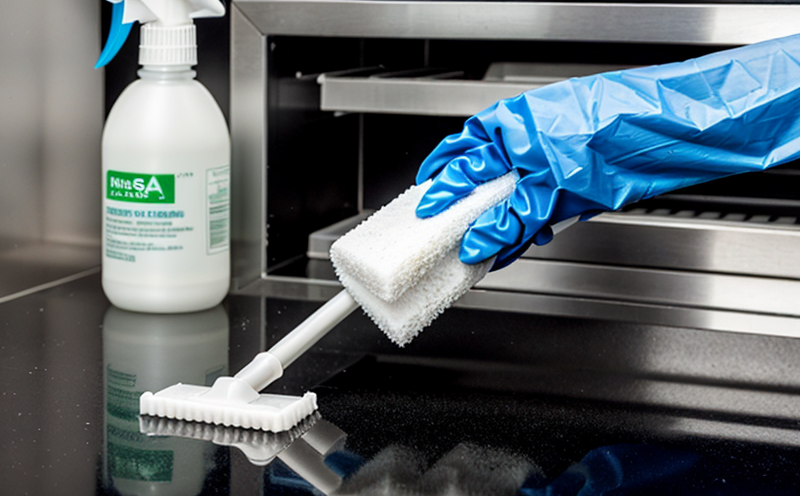ASTM E2180 Antimicrobial Testing of Plastics for Hygiene Use
The ASTM E2180 standard provides a robust framework for evaluating the antimicrobial efficacy of plastic materials intended for hygiene use. This service is pivotal in ensuring that products meet stringent microbial resistance criteria, thereby safeguarding consumer health and enhancing product safety.
The testing procedure outlined in ASTM E2180 involves exposing the specified plastic samples to known quantities of microorganisms under controlled conditions. The objective is to measure the extent to which the material inhibits or destroys these microbes over time. This method not only evaluates intrinsic antimicrobial properties but also assesses any potential leaching effects that might compromise hygiene.
Quality managers and compliance officers rely on this testing to ensure their products comply with regulatory standards, while R&D engineers use it as a tool for innovation. In the realm of procurement, this service serves as an assurance mechanism, confirming that suppliers meet quality benchmarks.
The ASTM E2180 process is highly standardized, incorporating rigorous protocols to eliminate variability and ensure consistency in results. This ensures that all samples are tested under identical conditions, allowing for accurate comparisons between different materials or versions of the same material.
Specimens prepared for this test typically include the plastic parts or components intended for contact with hygiene products such as food packaging, medical devices, and consumer goods like water bottles. Specimen preparation is crucial to ensure that the samples accurately represent the final product in terms of composition, surface texture, and structure.
Instrumentation used during testing includes incubators, autoclaves, and various types of microbial cultures. The choice of microbes can vary depending on the intended use of the plastic material. For instance, Escherichia coli, Pseudomonas aeruginosa, and Candida albicans are commonly used as test organisms due to their prevalence in hygiene-related contexts.
The testing process begins with inoculating the prepared specimens with the selected microbes. This is followed by incubation periods where the microbial activity is monitored. After a set time, the samples are evaluated for any changes in microbial growth or viability. Reporting involves quantifying the reduction in microbial populations and assessing the durability of the antimicrobial effect.
This service is not only crucial for ensuring product safety but also plays a pivotal role in shaping market trends by driving innovation towards more hygienic products. Compliance with ASTM E2180 standards can significantly enhance a company's reputation, offering consumers peace of mind and potentially opening doors to new markets.
Benefits
- Ensures compliance with international hygiene regulations.
- Maintains consumer trust through proven product safety.
- Promotes innovation in hygienic plastic materials.
- Reduces the risk of litigation and recalls due to microbial contamination.
- Facilitates entry into regulated markets that demand stringent hygiene standards.
Competitive Advantage and Market Impact
- Boosts brand reputation and consumer confidence in product safety.
- Aids in differentiating products through advanced antimicrobial properties.
- Paves the way for regulatory compliance, thus avoiding legal risks.
- Fosters market leadership by demonstrating a commitment to hygiene standards.





